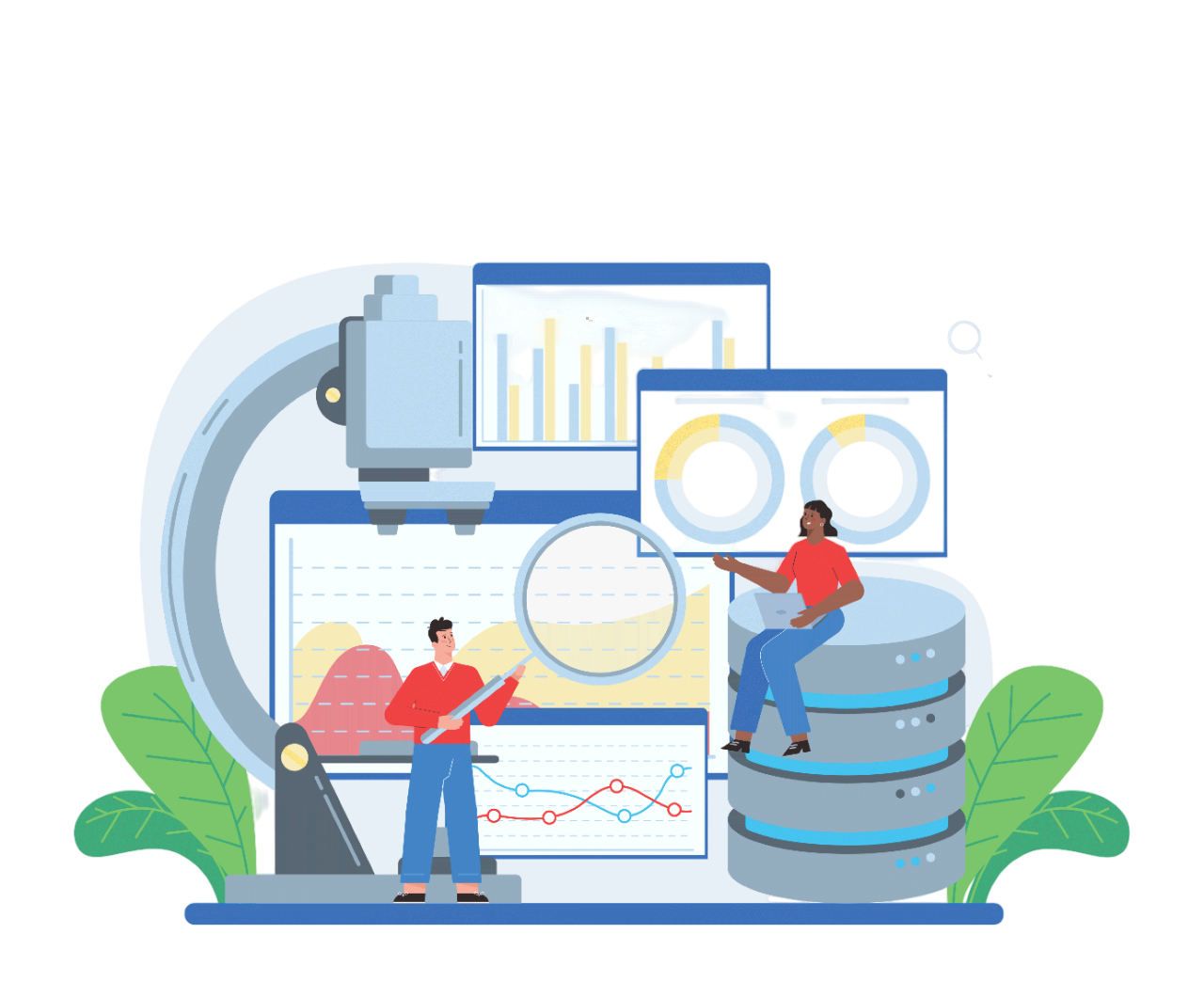Algorithm Development & Data Analytics involves designing and implementing structured processes to solve problems, automate tasks, and extract valuable insights from data. This field combines computational techniques, statistical analysis, and domain expertise to transform raw data into actionable intelligence, empowering businesses to make informed decisions and gain a competitive edge.
- Data Collection: The first step in both algorithm development and data analytics involves gathering relevant data from various sources like databases, sensors, IoT devices, surveys, and external APIs. The quality and breadth of data collected directly impact the accuracy of the algorithm and analysis.
- Data Preprocessing: Before analysis or algorithm development, data must be cleaned, normalized, and formatted. This includes handling missing values, outliers, and inconsistent entries. Proper preprocessing ensures that data is usable and prevents skewed or inaccurate results.
- Feature Engineering: In data analytics, and particularly in machine learning and algorithm development, selecting and transforming raw data into meaningful features is critical. This step involves identifying key variables or creating new ones that better represent the underlying problem.
- Model Selection and Algorithm Design: Based on the problem at hand, appropriate algorithms or models are selected. This can range from statistical models (e.g., regression) to more complex machine learning models (e.g., decision trees, neural networks). The choice depends on the nature of the data and the desired outcome.
- Training and Testing:Algorithms, particularly in machine learning, require training on historical data and testing on unseen data to evaluate their performance. This phase helps to optimize the model and ensures that it generalizes well to new situations.
- Evaluation Metrics:Evaluating the performance of algorithms involves using key metrics such as accuracy, precision, recall, F1-score, or AUC (for classification tasks), and RMSE (root mean square error) for regression tasks. These metrics help to assess how well an algorithm is solving the problem.
- Optimization and Tuning:After initial evaluation, algorithms often require fine-tuning to improve their performance. This can involve adjusting parameters (hyperparameter tuning), feature selection, or adopting different techniques (e.g., cross-validation) to improve accuracy and efficiency.
